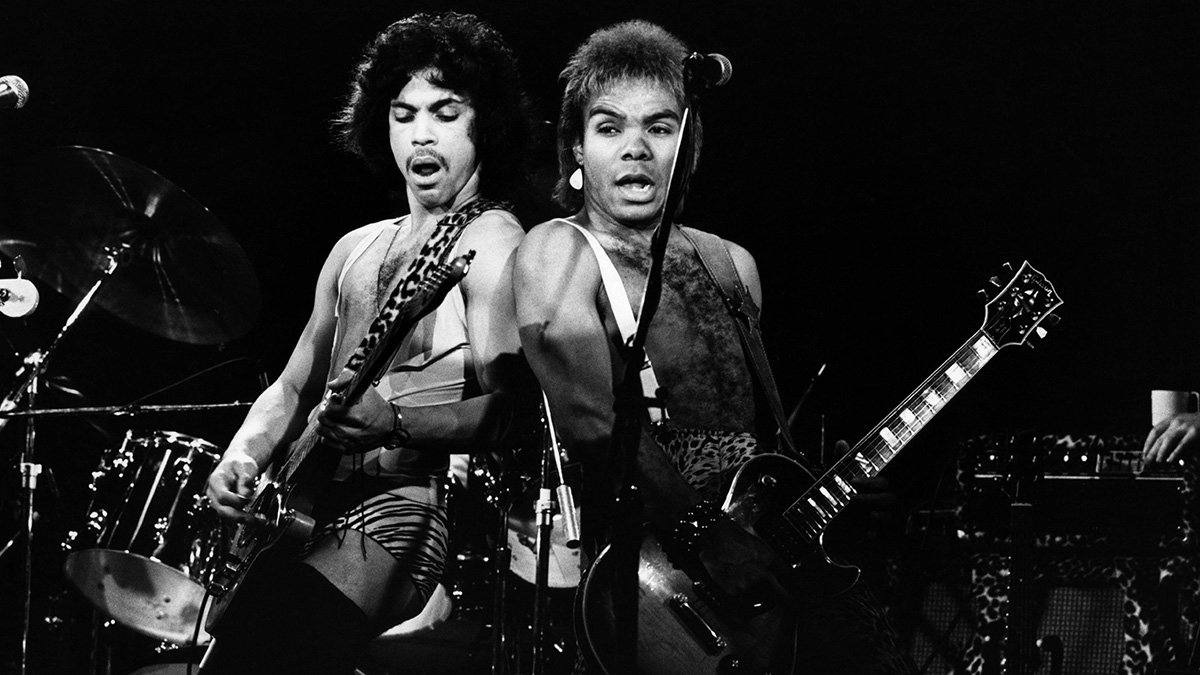Song lyric analysis shows that artists have got sexier, swearier and less positive over the past 70 years
In-depth study reveals the most-used love, swearing, sex and money words

An in-depth study has revealed how the lyrical content of pop songs has changed over the past 70 years.
The research, carried out by search platform Lottie, was based on analysis of more than 35,000 songs released between the 1950s and the present day, and focused on the four key lyrical themes of love, swearing, sex and money.
As you might expect, love has remained a lyrical favourite, with the word itself never being pushed from the top spot in this category. Having peaked in the ‘80s, the word lover has rather fallen out of favour, though, and ‘romance’ has suffered a big drop in usage, too (maybe it really is dead).
On the flipside, ‘angel’ and ‘beautiful’ are more popular than ever, and while there hasn’t exactly been a ‘baby’ boom, it remains the second most popular lyrical love word. Overall, though, there’s been a drop of 14% in the number of songs that reference love since the 1950s.
Moving on, it probably won’t surprise you to learn that artists have become more potty-mouthed over the decades - 14% more, to be precise. Just four ‘bad words’ were in circulation in the ‘50s; the swearing really kicked off in earnest in the ‘70s, and 26% of today’s songs are said to contain profanity of some sort.
Staying on a naughty tip, lyrics have undoubtedly got raunchier, though still only 9% of songs contain what the researchers have deemed to be ‘sex words’. ‘Pussy’ is now the most popular, while ‘dick’ has dropped from the top spot it held in the ‘90s to number 2. ‘Sex’ was number 1 in the ‘80s but is now in third place, while ‘cock’ has risen to number 5, having debuted at 9 in the ‘70s.
On the financial front, ‘pay’ retains its long-held spot at number 1, and ‘gold’ is another favourite. Mentions of money actually peaked in the ‘90s, dropping in the ‘00s (maybe the financial crisis was to blame) before rising again in the 2010s.
Get the MusicRadar Newsletter
Want all the hottest music and gear news, reviews, deals, features and more, direct to your inbox? Sign up here.
Overall - and on a slightly depressing note - the researchers have concluded that there’s been a 13% drop in the use of words that express positive sentiments, and a 12% rise in those that are indicative of negative feelings.
You can read more about the research on the Lottie website.

I’m the Deputy Editor of MusicRadar, having worked on the site since its launch in 2007. I previously spent eight years working on our sister magazine, Computer Music. I’ve been playing the piano, gigging in bands and failing to finish tracks at home for more than 30 years, 24 of which I’ve also spent writing about music and the ever-changing technology used to make it.
“They didn’t like Prince’s bikini underwear”: Prince’s support sets for the The Rolling Stones in 1981 are remembered as disastrous, but guitarist Dez Dickerson says that the the crowd reaction wasn’t as bad as people think
“No real sense of love coming from the festival toward the people… Just vibes curated for influencer culture”: Reggie Watts just summed up everyone's Coachella experience









